Introduction: History Echoes
The assassination of President John F. Kennedy in 1963 was more than the killing of a man — it was the fracturing of a nation. People froze around their radios and televisions, united in shock and sorrow, only to emerge divided in their interpretations of what had happened. Nearly six decades later, the tragic slaying of Charlie Kirk strikes at a similar nerve. Though Kirk was not a president, his role as an evangelist for Christ, a cultural voice for youth, and a bridge-builder across divides made his sudden death carry more weight than a single person. It represents a tear in truth that threatens to deepen the fracture lines of American society.
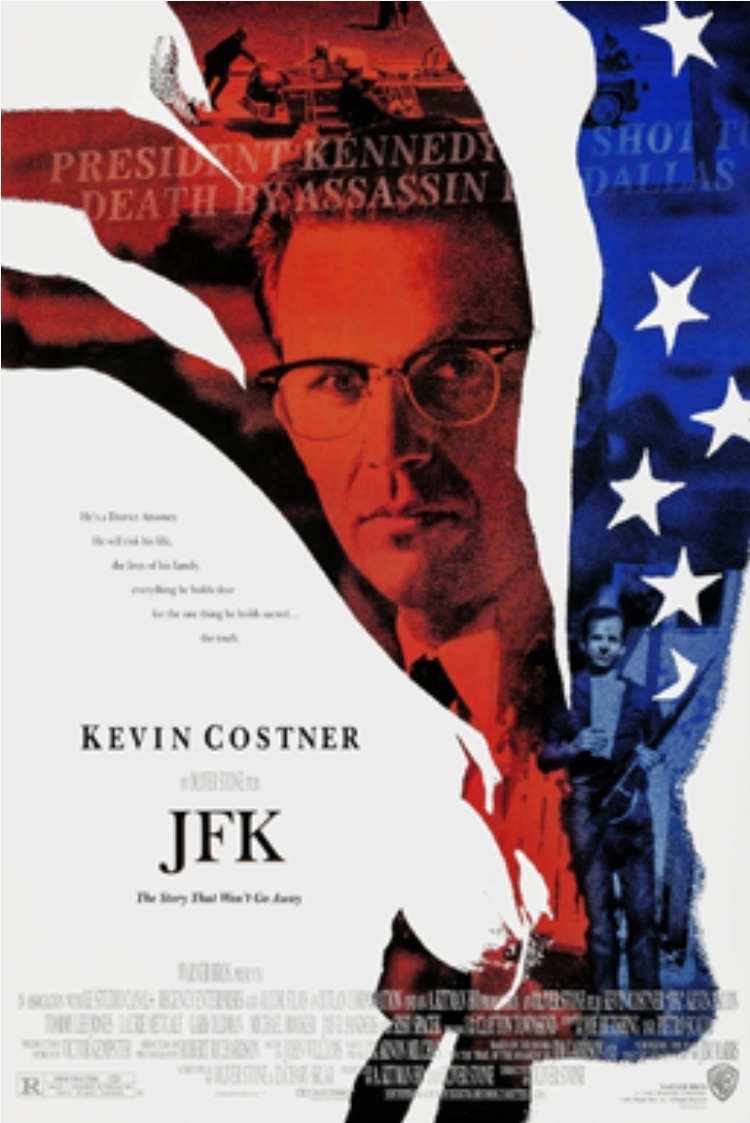
By revisiting JFK, we can better understand how Charlie Kirk’s death may play out — and more importantly, how not to be swept away by the narrative machine that inevitably follows (watch JFK).
The Shock and the Silence
When JFK was shot, the first wave was pure human grief. People wept openly in the streets. Even political opponents mourned because, at the end of the day, a man, a husband, and a father had been lost.
Charlie Kirk’s death strikes a similar human chord. Even those who disagreed with him politically are left shaken, sickened, and unable to explain why. This is because violence transcends partisanship. It wounds the collective psyche.
Parallel to Watch:
If your first reaction was grief, don’t let propaganda hijack it. Before headlines, before hashtags, pause and remember the human loss — a man who was also a son, husband, and uncle. This anchors us in reality, not spin.
The Instant Narrative
Within hours of JFK’s death, the “lone gunman” story was everywhere. Oswald was the villain. Case closed. Only later did cracks appear: unexplained bullet paths, strange witness testimonies, CIA involvement.
With Charlie Kirk, notice how quickly an “official story” is already forming. Who pulled the trigger? What was their motive? Who benefits? An instant narrative will be offered — neat, tidy, and designed to close the book before questions are asked.
Parallel to Watch:
Ask: Who benefits from the official story? Who benefits from shutting down questions? Truth rarely arrives instantly. Propaganda always does.
The Division Multiplier
JFK’s death didn’t unite America for long. Instead, it deepened mistrust in government, media, and even neighbors. Conspiracy theories multiplied because people sensed they weren’t being told the full truth.
Charlie Kirk’s assassination risks the same trajectory. Already, partisan divides are sharpening. For the right, he will become a martyr. For the left, dismissals and skepticism will abound. For propagandists, his death will be fuel to pit citizens against one another.
Parallel to Watch:
Ask: Are the narratives pulling people together, or pulling them apart? If it’s the latter, beware. Division is the real goal.
The Tear in Truth
JFK’s death left America permanently altered. The “Camelot dream” of unity and hope was torn open, replaced by cynicism and suspicion. Many believe it marked the beginning of modern distrust in institutions.
Charlie Kirk’s death risks becoming a similar tear. Already, people can’t agree on the facts, can’t agree on solutions, and can’t even share the same reality. The Overton Window of “acceptable opinion” will shrink, and propaganda will flood in to fill the vacuum.
Parallel to Watch:
Ask: Whose version of reality is being enforced? When only one interpretation is allowed and other questions are mocked or silenced, you are watching truth be torn into factions.
Guarding the Mind in the Aftermath
Both JFK and Charlie Kirk’s deaths teach us that the battle is not only in the streets but in the mind. In grief, our defenses lower. The subconscious absorbs more, the headlines bypass scrutiny, and slogans become “truths.”
What to Do:
- Media Fast: Take 24–48 hours away from the frenzy. Don’t let the first wave of headlines write on your mind.
- Humanize the Loss: Remember Charlie as a person — husband, son, uncle, evangelist — not just a political figure.
- Look for the Pattern: Quick official narratives, division multipliers, and vilification of dissent are signs of propaganda, not clarity.
- Guard Against Illusion: Don’t let slogans like “war,” “unity,” or “revenge” substitute for real thinking.
Conclusion: Learning From the Past
History doesn’t repeat, but it rhymes. JFK’s assassination was a turning point in America’s psyche. Charlie Kirk’s tragic death has the potential to become another. Whether it becomes a path toward truth or another tear in truth depends on us.
If we honor Kirk’s legacy, it will not be by allowing his death to be weaponized. It will be by refusing hatred, rejecting propaganda, and committing to honest dialogue and fearless discernment.
Because the real war is not left versus right. It’s truth versus illusion.

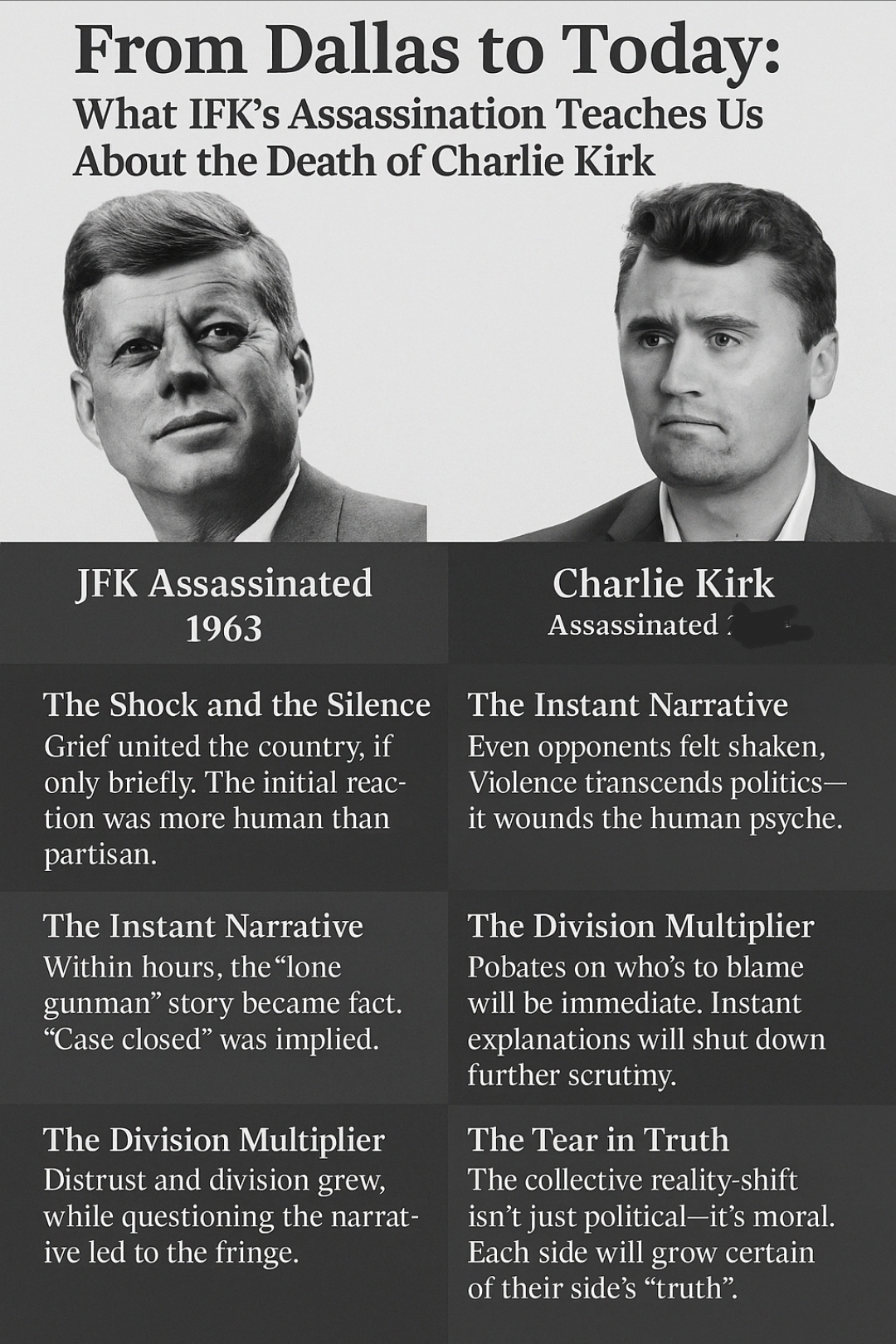


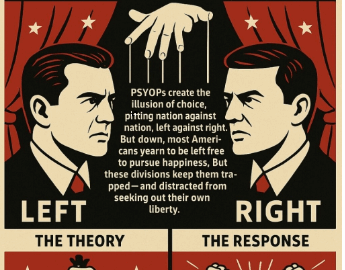

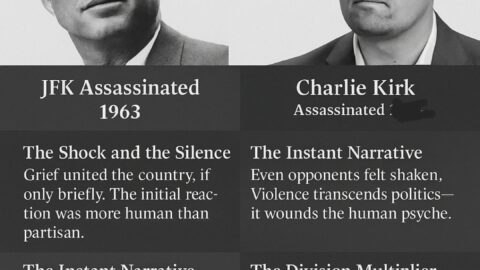
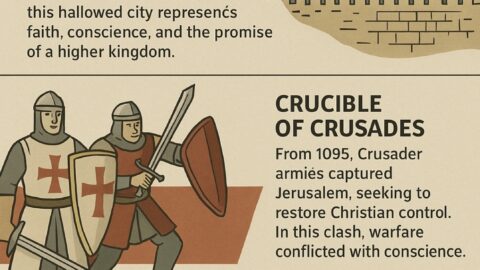
One Response
excellent insights